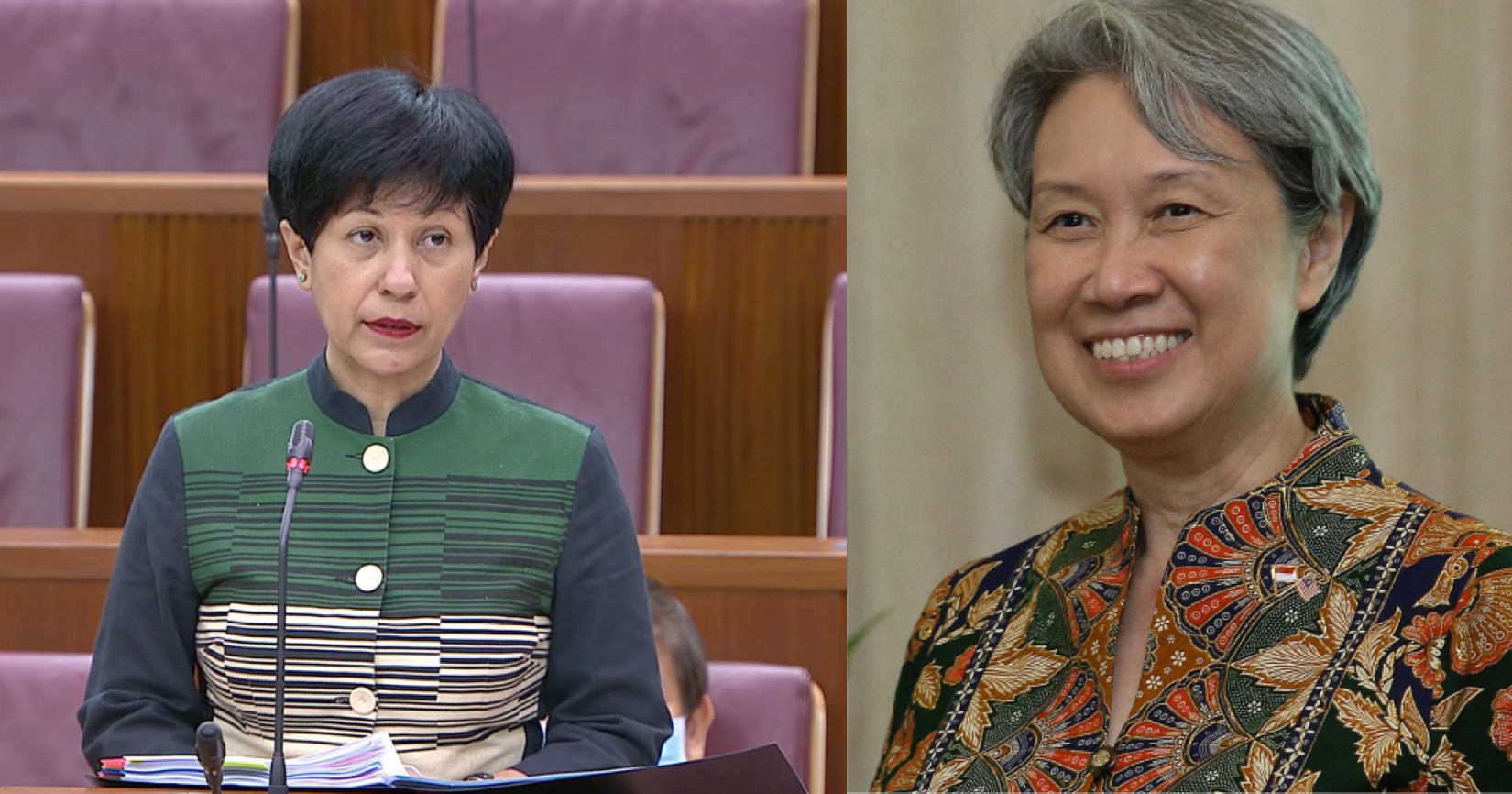It will be up to the High Court to decide if a claim about Temasek CEO Ho Ching's salary qualifies as a matter of public interest under the Protection from Online Falsehoods and Manipulations Act (POFMA).
Second Minister for Finance Indranee Rajah, responding to a question from Non-Constituency Member of Parliament (NCMP) Leon Perera, said that as the issue is before the court, "given the specific circumstances of this case, it is not appropriate to answer this question."
POFMA invoked over claim about Ho's salary
Perera, a member of the Workers' Party, asked about the POFMA Office issuing Correction Directions at the direction of the Minister for Finance, Heng Swee Keat on April 19.
Four people were issued Correction Directions over a claim that Ho Ching, who is the wife of Singapore Prime Minister Lee Hsien Loong, had an annual salary of "over S$100 million." They were:
- HardwareZone user "darksiedluv"
- The Temasek Review's Facebook page
- The Online Citizen's (TOC) Facebook page and website
- People's Voice (PV) party leader Lim Tean.
Lim was issued the Correction Direction as he had shared the "falsehood" on his Facebook page, the POFMA office said.
Perera asked how does that claim harm the public interest, as defined under Section 4 of POFMA.
TOC applied to Heng, who is also Deputy Prime Minister, to cancel the Correction Direction. However, he rejected their application. According to Indranee:
"On Apr 29, 2020, The Online Citizen filed an application to the High Court seeking judicial review of the decision to issue the correction direction."
Will POFMA directives reinforce public trust?
Perera then asked if the POFMA directive would achieve the aim of addressing an issue of public trust.
He gave a hypothetical scenario of false figures being given every time the compensation of the top management of Temasek Holdings is mentioned, and POFMA directives are issued, but the real figures are not given. Asked Perera:
"Does that actually meet the objective of reinforcing public trust in those institutions, or does that actually potentially erode public trust, because it would breed more speculation, to no constructive end?"
In response, Indranee said the issue for judicial review is whether there is a question of public interest.
"And the court is an independent tribunal that will make that decision. So at the end of the day in so far as the specific question of public trust is involved, the court will decide on that."
She added that the public trust will be upheld because once the court decides on the issue, the public will know whether or not the test under POFMA was met.
Related story:
Top image from CNA video and Getty Images.
If you like what you read, follow us on Facebook, Instagram, Twitter and Telegram to get the latest updates.
